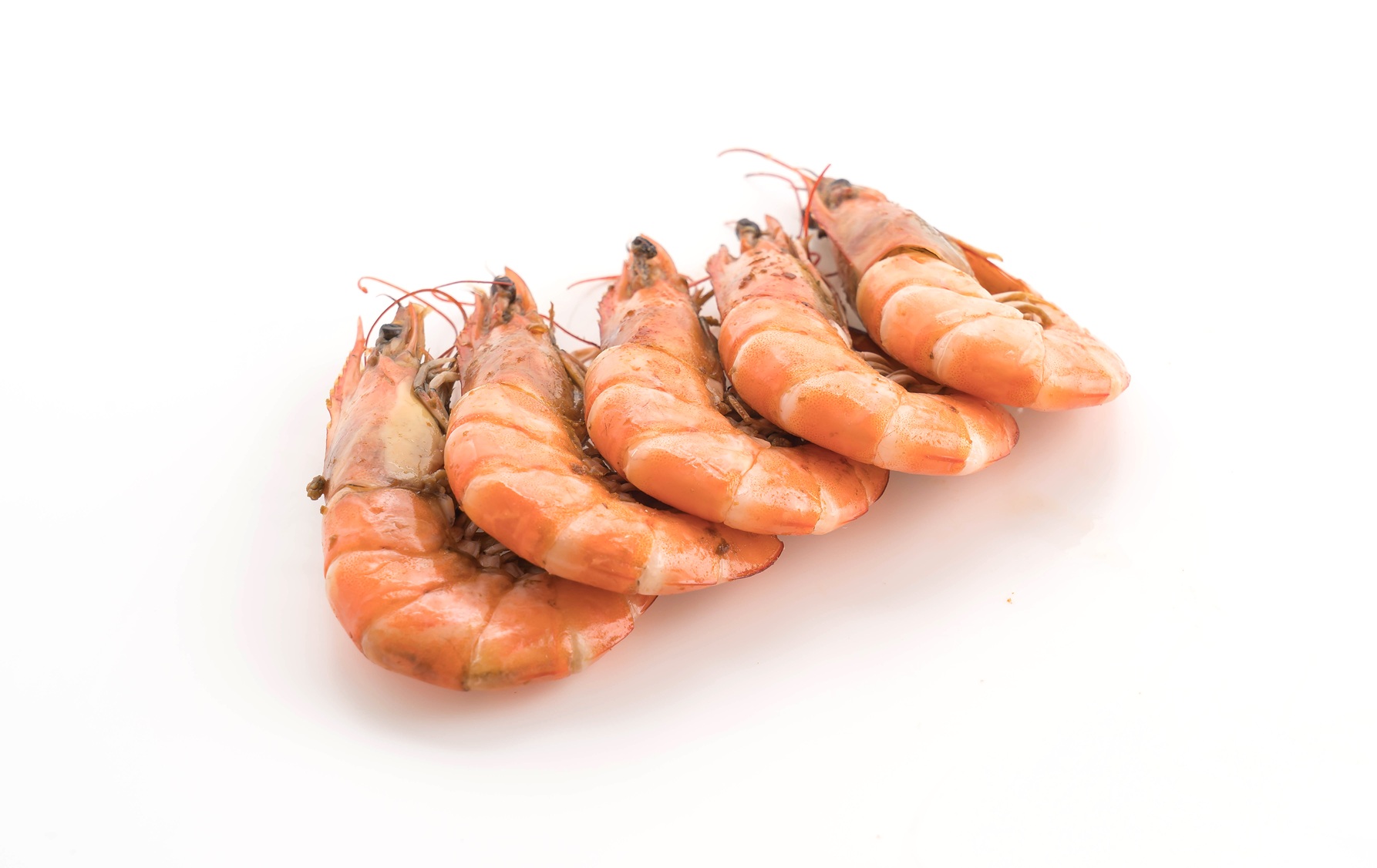Shrimp is a popular seafood enjoyed by many, but is it safe to share with your dog? While shrimp can be a nutritious treat in moderation, there are important considerations and precautions to ensure it is safe for your canine companion.
Is Shrimp Safe for Dogs?
Yes, shrimp can be safe for dogs when prepared properly. It is low in calories, fat, and carbohydrates, making it a healthy occasional snack for dogs who do not have shellfish allergies. Shrimp is also rich in protein, vitamin B12, niacin, phosphorus, and omega-3 fatty acids, which contribute to a healthy diet.
Nutritional Benefits of Shrimp for Dogs
- High Protein Content
- Protein supports muscle development and maintenance.
- Vitamin B12
- Essential for healthy nerve function, digestion, and energy production.
- Omega-3 Fatty Acids
- Promotes a shiny coat, healthy skin, and overall cardiovascular health.
- Low in Calories
- A great treat for dogs that need to maintain a healthy weight.
How to Safely Prepare Shrimp for Dogs
To ensure shrimp is safe for your dog:
- Cook Thoroughly
- Always cook shrimp before feeding it to your dog. Raw shrimp may contain harmful bacteria, such as Salmonella or Vibrio. Boiling or steaming shrimp is the safest preparation method.
- Remove Shells and Tails
- Shrimp shells and tails can pose a choking hazard or cause intestinal blockages. Remove them completely before offering shrimp to your dog.
- Avoid Seasonings
- Garlic, onions, salt, butter, and other seasonings often used in human dishes are toxic or unhealthy for dogs. Serve shrimp plain.
- Portion Control
- Shrimp should only be an occasional treat. Excessive consumption can lead to stomach upset or high cholesterol levels.
When Shrimp Is Not Safe for Dogs
- Allergies
- Dogs with shellfish allergies may experience symptoms like itching, vomiting, or difficulty breathing. If it’s your dog’s first time trying shrimp, introduce it in small amounts and monitor for any reactions.
- Fried or Breaded Shrimp
- Avoid giving dogs fried or breaded shrimp, as the added fats and oils can lead to digestive issues and contribute to obesity.
- Raw or Undercooked Shrimp
- Raw shrimp can harbor harmful bacteria and should always be avoided.
How Much Shrimp Can Dogs Eat?
The portion size depends on your dog’s size, weight, and dietary needs. A small dog might be fine with one or two small shrimp, while a larger dog can have slightly more. Consult with your veterinarian for specific guidelines tailored to your dog.
Conclusion
Shrimp can be a nutritious and safe treat for dogs when prepared properly. It’s important to cook shrimp thoroughly, remove the shells, and serve it plain. As with any new food, introduce it gradually and observe your dog for any adverse reactions. When offered in moderation, shrimp can be a healthy addition to your dog’s diet.

